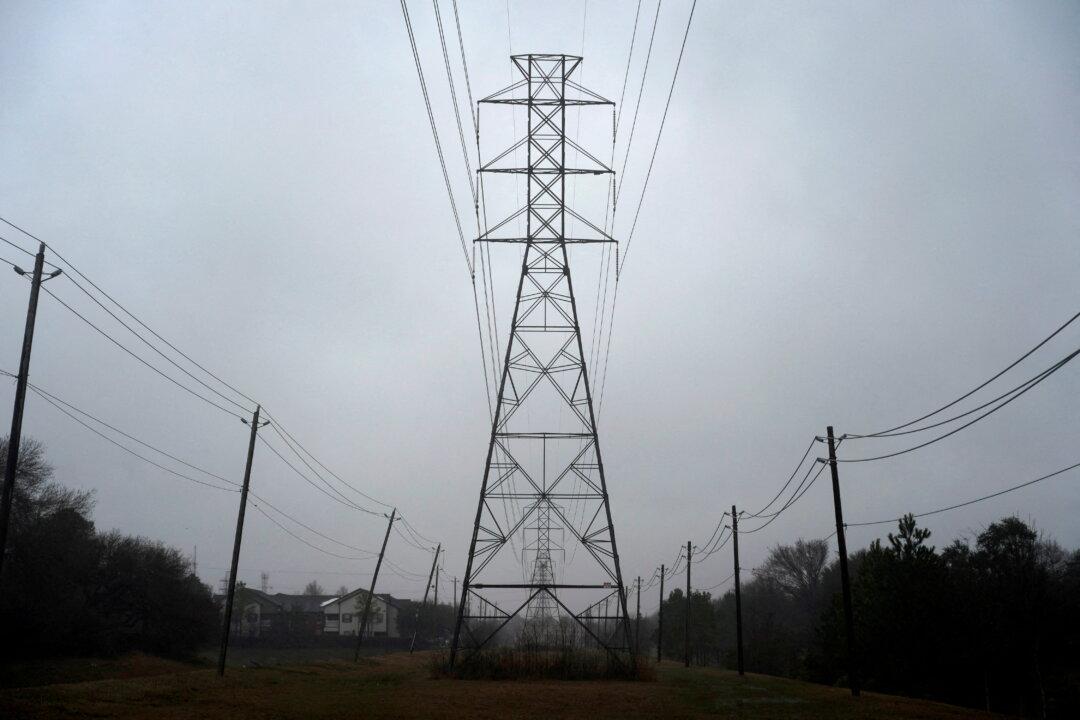Commentary
The warning signs are everywhere. We’re stumbling toward an energy crisis that’s likely to be far more severe and long-lasting than the upheavals of the 1970s. And no, this isn’t about Russia or Ukraine. This is about the perilous state of the U.S. electrical grid.

